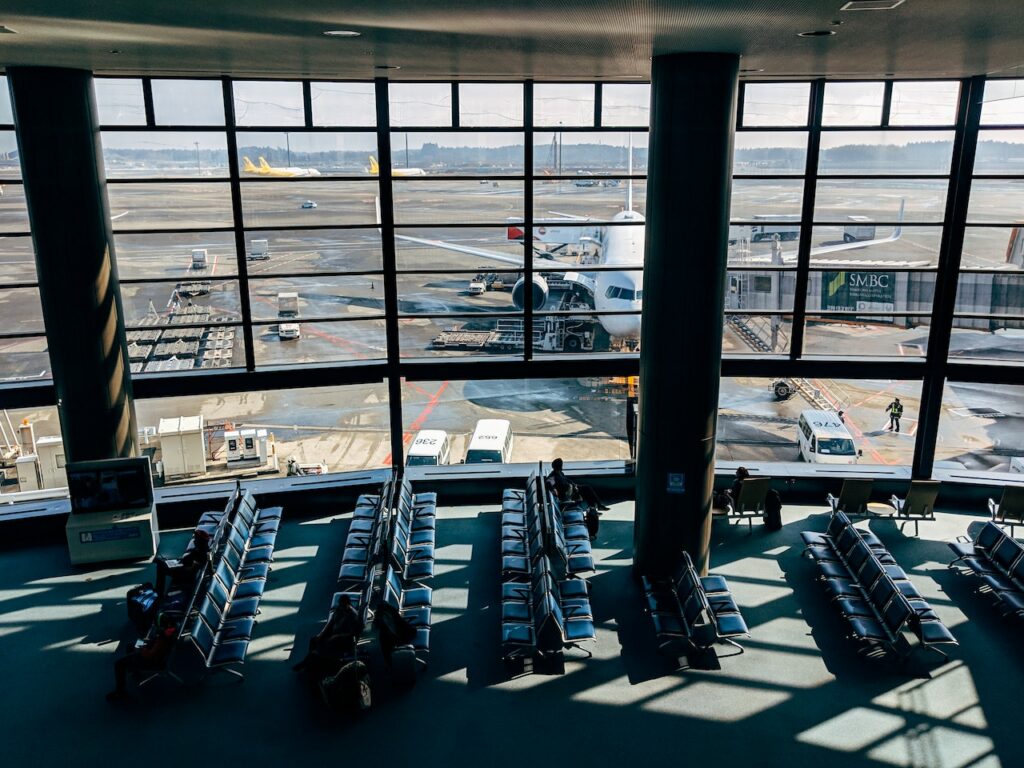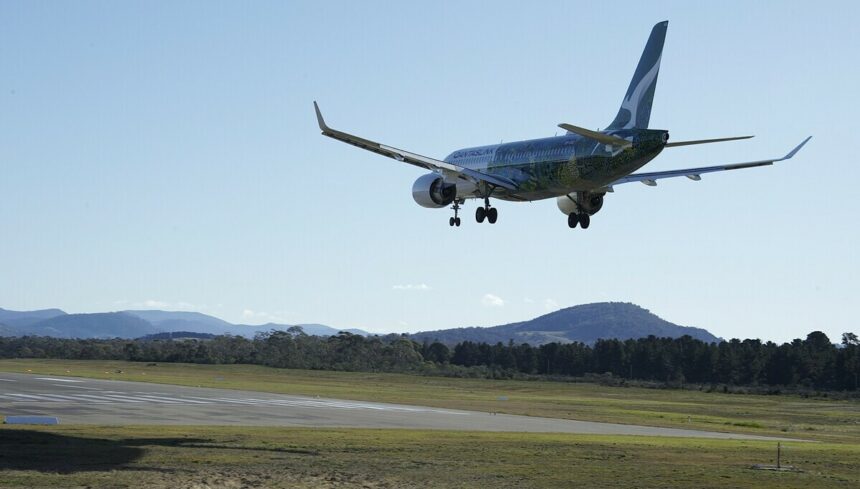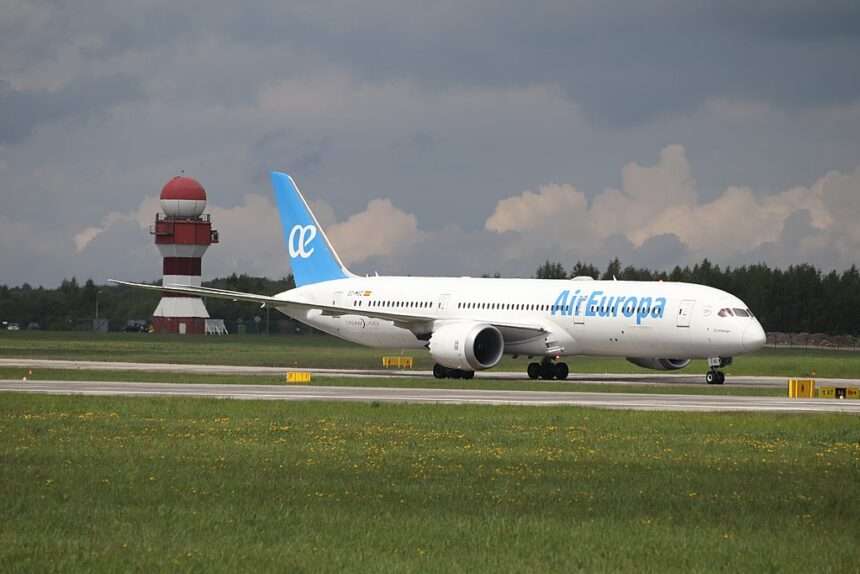LONDON – According to the International Air Transport Association (IATA) global air travel recovery continued through November 2022 with an overall rise of over 40% on 2021 numbers.
At the same time, global air cargo markets showed demand softening as economic headwinds persist for that sector.
Passenger air travel demand
Total traffic in November 2022 (measured in revenue passenger kilometers or RPKs) rose 41.3% compared to November 2021. Globally, traffic is now at 75.3% of November 2019 levels.
International traffic rose 85.2% versus November 2021. The Asia-Pacific continued to report the strongest year-over-year results with all regions showing improvement compared to the prior year. November 2022 international RPKs reached 73.7% of November 2019 levels.
Domestic traffic for November 2022 was up 3.4% compared to November 2021 with travel restrictions in China continuing to dampen the global result. Total November 2022 domestic traffic was at 77.7% of the November 2019 level.
IATA observations
In noting the continuing air travel demand, the IATA Director General doubled down on his recent criticism of travel restrictions following the reopening of China’s air borders.
“Traffic results in November reinforce that consumers are thoroughly enjoying the freedom to travel,” said Willie Walsh, IATA’s Director General.
“Unfortunately, the reactions to China’s reopening of international travel in January reminds us that many governments are still playing science politics when it comes to COVID-19 and travel.”
“Epidemiologists, the European Centre for Disease Prevention and Control and others have said that the reintroduction of testing for travelers from China can do little to contain a virus that is already present around the world.”
“And China’s objections to these policy measures are compromised by their own pre-departure testing requirements for people traveling to China. Governments should focus on using available tools to manage COVID-19 effectively.”
These tools include “improved therapeutics and vaccinations—rather than repeating policies that have failed time and again over the last three years,” according to Walsh.
Global air cargo sector
The International Air Transport Association (IATA) released data for November 2022 global air cargo markets showing that demand softened as economic headwinds persist.
Global demand, measured in cargo tonne-kilometers (CTKs*), fell 13.7% compared to November 2021 (-14.2% for international operations).
Capacity (measured in available cargo tonne-kilometers, ACTK) was 1.9% below November 2021. This was the second year-on-year contraction following the first last month (in October) since April 2022. International cargo capacity decreased 0.1% compared to November 2021.
Compared to pre-COVID-19 levels (November 2019), there was a smaller contraction in overall demand (-10.1%), while capacity was down 8.8%.
The prevailing factors
Several factors in the operating environment should be noted:
- Global new export orders, a leading indicator of cargo demand, were stable in October. For major economies, new export orders are shrinking except in Germany, the US, and South Korea, where they grew.
- Global goods trade expanded by 3.3% in October. Given the softening in air cargo demand, this suggests that maritime cargo was the primary beneficiary.
- The US dollar has appreciated sharply, adding cost pressure as many costs are denominated in US dollars. This includes jet fuel, which is already at elevated levels.
- The Consumer Price Index for G7 countries decreased from 7.8% in October to 7.4% in November, the largest month-on-month decline in 2022. Inflation in producer (input) prices reduced to 12.7% in November, its lowest level so far in 2022.
IATA observations
“Air cargo performance softened in November, the traditional peak season. Resilience in the face of economic uncertainties is demonstrated with demand being relatively stable on a month-to-month basis.”
“But market signals are mixed. November presented several indicators with upside potential: oil prices stabilized, inflation slowed and there was a slight expansion in goods traded globally.”
“But shrinking export orders globally and China’s rising COVID cases are cause for careful monitoring,” said Willie Walsh, IATA’s Director









